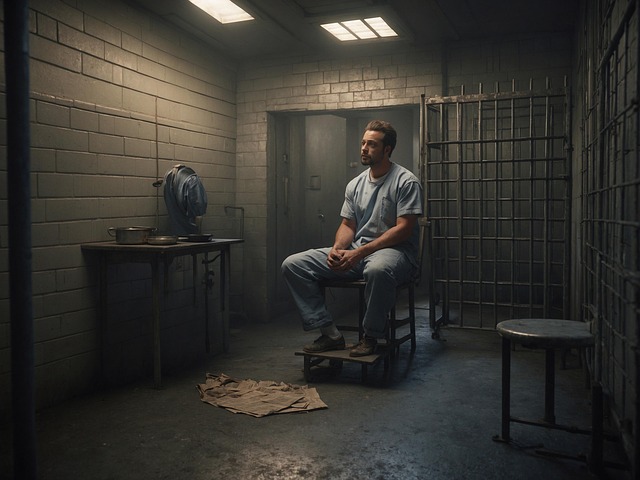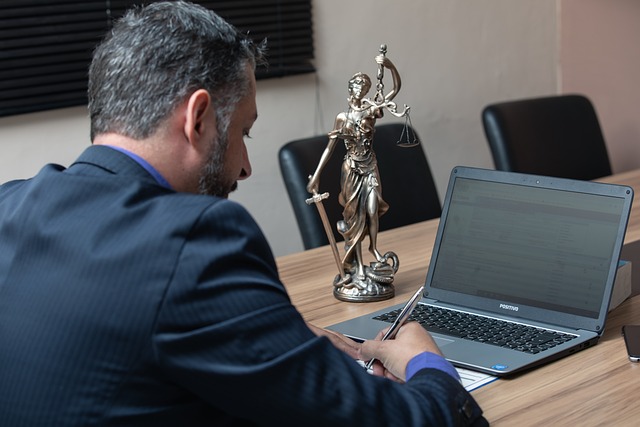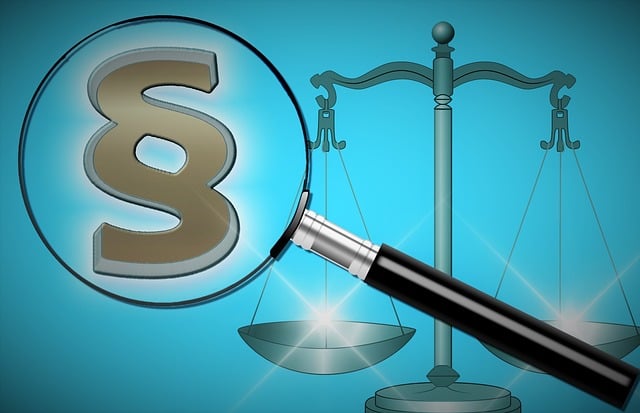Fraudulent financial practices pose significant risks, requiring specialized knowledge to protect against them. Wrongful convictions have severe impacts, disrupting lives and businesses. Understanding and taking steps to overturn a wrongful conviction is crucial. This involves tailored legal strategies, thorough investigations, expert analyses, and strategic document challenges. Engaging experienced attorneys who navigate complex laws and regulations is key to securing justice and avoiding unfair judgments that hinder economic growth.
Fraudulent financial practices pose significant threats to individuals and businesses alike, eroding trust and destabilizing economic landscapes. This comprehensive guide delves into the intricate world of financial fraud, offering insights on its various forms and profound consequences. We explore the devastating impact of wrongful convictions, providing a roadmap for understanding legal defenses and evidence-driven strategies. Furthermore, we detail critical steps to overturning a wrongful conviction, empowering individuals to navigate complex legal systems effectively.
- Understanding Fraudulent Financial Practices: Definitions and Examples
- The Impact of Wrongful Convictions on Individuals and Businesses
- Legal Strategies for Challenging Fraud Charges: Building a Defense
- Evidence and Due Diligence: Uncovering the Truth Behind the Numbers
- Steps to Overturn a Wrongful Conviction: Navigating the Legal System Effectively
Understanding Fraudulent Financial Practices: Definitions and Examples
Fraudulent financial practices refer to a range of illegal activities aimed at gaining an unfair advantage through deceptive means in the realm of finance and business. These practices can take various forms, from accounting fraud where financial statements are manipulated, to investment schemes that mislead investors with false promises and false information. For instance, a company might inflate its profits or conceal significant losses, leading investors to make decisions based on misleading data. Similarly, Ponzi schemes, a common fraudulent model, attract new investors by offering high returns on investments, using funds from subsequent investors to pay initial participants, creating a false impression of profitability.
Understanding these practices is crucial for both individuals and businesses aiming to protect themselves from falling victim. Achieving extraordinary results in general criminal defense often involves identifying and exposing such frauds early. Steps to overturn a wrongful conviction in financial cases can include thorough investigation, expert analysis, and legal strategies that challenge the validity of evidence and documentation. It is essential to consult professionals who specialize in respective business areas to navigate these complex issues effectively.
The Impact of Wrongful Convictions on Individuals and Businesses
The impact of wrongful convictions extends far beyond the immediate emotional turmoil experienced by the individuals involved. It disrupts lives, families, and communities, often leading to severe financial strain on both corporate and individual clients. Businesses can face significant losses due to legal fees, reputation damage, and the cost of replacing misappropriated assets or funds. For victims, the consequences can be devastating, encompassing lost opportunities for education, employment, and upward social mobility. These unfair judgments create an uneven playing field, hindering economic growth and undermining public trust in institutions.
When a wrongful conviction occurs, understanding steps to overturn a wrongful conviction is crucial. This process often involves meticulous legal strategies tailored to each unique case, ranging from appealing evidence to challenging witness testimonies within the framework of a general criminal defense. Across the country, numerous organizations specialize in assisting those wrongfully convicted, providing critical support to both corporate and individual clients seeking justice.
Legal Strategies for Challenging Fraud Charges: Building a Defense
When facing fraud charges, it’s crucial to understand that building a robust legal defense is key to challenging these accusations. One effective strategy involves examining the evidence presented by prosecutors and looking for any inconsistencies or weaknesses. This process may include cross-examining witnesses, demanding document production, and thorough investigation of financial records. An experienced attorney can help navigate complex laws and regulations related to financial crimes, ensuring every angle is explored.
The goal is not just to avoid indictment but to ultimately secure a complete dismissal of all charges. Steps to overturn a wrongful conviction can include filing motions to suppress evidence, challenging the admissibility of witness testimonies, and presenting alternative interpretations of financial data. Additionally, understanding the specific elements required to prove fraud in your jurisdiction is vital. By employing these legal strategies, individuals can fight back against fraudulent financial practice accusations and protect their rights.
Evidence and Due Diligence: Uncovering the Truth Behind the Numbers
Uncovering fraudulent financial practices requires a meticulous approach to evidence and due diligence. It’s not enough to simply look at the numbers; investigators must delve into the context, methods, and intent behind them. This involves scrutinizing financial records, analyzing patterns of behavior, and understanding the broader circumstances surrounding the transactions. By taking these steps, professionals can start to unravel complex schemes.
For those accused of white-collar crimes, having an experienced general criminal defense attorney is crucial. They can help navigate the legal complexities, challenge the prosecution’s evidence, and uncover any inconsistencies or misunderstandings. It’s about presenting a robust defense, leveraging an unprecedented track record of success, and ensuring that justice is served without prejudicial assumptions or errors in judgment.
Steps to Overturn a Wrongful Conviction: Navigating the Legal System Effectively
Overturning a wrongful conviction is a complex process that requires meticulous navigation through the legal system. The journey begins with thorough investigations to gather evidence that challenges the initial verdict. Legal professionals play a pivotal role in this process, assisting both corporate and individual clients throughout all stages of the investigative and enforcement process. They analyze case files, identify procedural errors, and build compelling arguments to present before the courts.
Effective strategies include challenging the admissibility of evidence, questioning witness testimonies, and exposing any misconduct during the initial investigation. By presenting a robust defense, legal counsel can aim for a complete dismissal of all charges, ultimately securing justice for their clients and rectifying the wrongs done.
Fraudulent financial practices can have devastating consequences for individuals and businesses alike, leading to wrongful convictions and significant impacts on their lives. However, understanding these practices, employing legal strategies, and utilizing evidence-based due diligence are crucial steps in navigating the system effectively. By following the outlined paths to overturning a wrongful conviction, those affected can strive for justice and fairness within the legal framework, ensuring that truth prevails.






